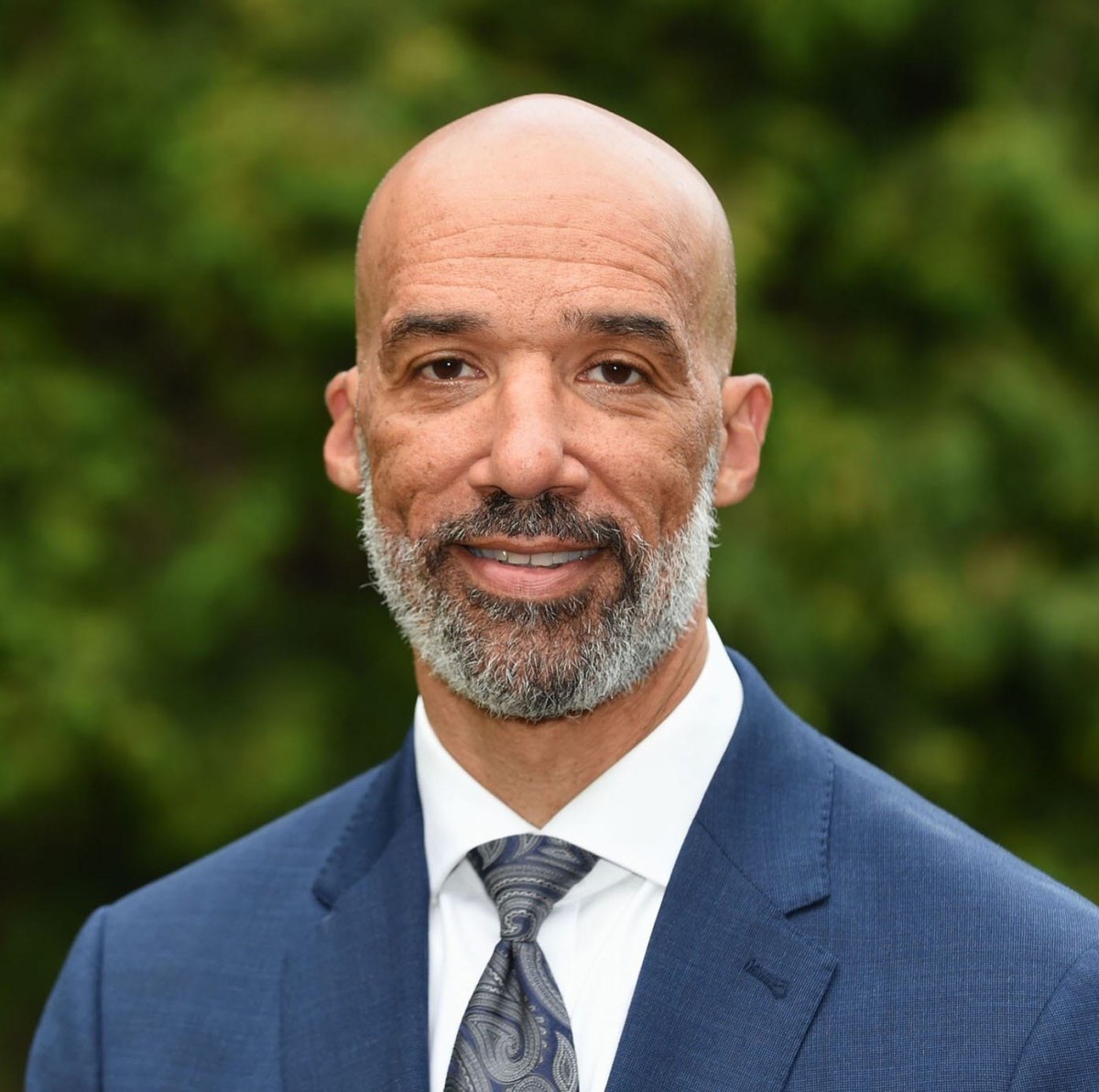Widespread use of the terms “Affordable Care Act” and “Obama Care” by the media, advocates and opponents of the Affordable Care Act has caused substantial public confusion, including among potential beneficiaries. Therefore, while a lot of the confusion about this landmark Act is understandable, much of it is also being deliberately caused by its opponents. Given all of the confusion, It is unlikely now that there will ever be universal acceptance of one term.
Several other key factors are contributing to various emotional and political attitudes related to the Affordable Care Act:
The term ‘Obama Care’ was originally used negatively among strong opponents of the President’s intensive and ongoing health reform effort, and much of their negativity continues;
As positive aspects of the Affordable Care Act became better known, many supporters began to positively associate the Act with the President’s major role in its becoming law, and thus embraced the term ‘Obama Care’ positively;
Opponents, and even some advocates, are unsure, so far, that adding millions to the nation’s federal health care rolls will make health care more affordable for all, and thus have some reluctance about embracing the official law as affordable.
While many people, including potential beneficiaries still don’t know what the Affordable Care Act is, even though they may not understand it, and may have different opinions about it, most Americans know that the term ‘Obama Care’ refers to the ‘new” health care law passed by the Obama administration, actively challenged by opponents, but upheld by the Supreme Court.
For the above reasons, rather than try to get everyone to use one term, what is needed at once is to reverse the current level of confusion through::
Targeted messages that emphasize that both terms mean the same thing; and
Simpler basic explanations of the Affordable Care Act’s provisions, such as Health Power’s one-page “10 Simply Stated Features of ‘Obama Care’ at www.healthpowerforminorities.com . Check it out and if you agree that it’s useful, especially for potential beneficiaries, ‘Pass it on’.
The Relative Silence of ‘Obama Care’ Advocates Strengthens Opponents
(The term ‘Obama Care’ used in the rest of this article for widest public recognition)
In Health Power’s view, the following messages need wide public education and emphasis in order for supporters to counteract the negative messages of #‘Obama Care’ opponents, which have been widely, and are continuously, distributed:
‘Obama Care, also the Affordable Care Act, is now a national law, having been approved by both congressional bodies, signed by the President, and upheld by the US Supreme Court. Therefore, it’s implementation can only be reversed through legislative action of both the House of Representatives and Senate, and the signature of the President Obama. None of which is likely given the composition of both legislative branches, and the President’s key role in establishment of the law
Like all national laws, ‘Obama Care’ can be revised through the regular legislative process, if such needs are considered indicated by supporters and opponents alike.
It has major health care and health insurance benefits, which are simply stated by Health Power in its one-page summary.
The high degree of ongoing opposition to ‘Obama Care’ by opponents of the President suggests their concern that it will likely become widely appreciated nationally, just as is now true of Medicaid, Medicare and Social Security.
While the rollout of ‘Obama Care’ has been met with technical and management problems because of the scope of the program, there were also start-up problems during the start-up of Medicaid, Medicare and Social Security.
The failure of 17 governors to cooperate fully in implementation of this national law – regarding (a) the establishment of state run #Medical Exchanges, or #Marketplaces, and/or (b) expansion of their Medicaid programs – placed a special workload on the federal government regarding the rollout of the program.
Little media or public advocacy attention has been given to the fact that in some states, many poor individuals are not poor enough to qualify under the old Medicaid regulations, and have no access to expanded Medicaid under the Affordable Care Act because their states have decided not to expand their Medicaid Programs.
In summary, state policies and actions related to the Affordable Care Act/’Obama Care’ require close monitoring by supporters as well objective individuals and organizations, and active advocacy for indicated changes. .
The Path Forward
Priority actions needed by those who support the Affordable Care Act, or ‘Obama Care’:
Widely educating the public, especially potential beneficiaries, that the Affordable Care Act and ‘Obama Care’ are the same thing, and represent the health care reform act to increase access to high quality health care, nationally and for many who have been previously uninsured.
Widespread distribution of simply stated written explanations of key features of ‘Obama Care’, such as the Health Power one-pager at www.healthpowerforminorities.com
Intensive and ongoing monitoring of related state level policies and actions, and ongoing active advocacy for needed support at state levels.
Active and sustained advocacy at all levels in order to help the Affordable Care Act increase the physical, mental and spiritual health of all who need its benefits, and thus the health of the nation as a whole.
Dr. Goodwin is founder, president and CEO of Health Power for Minorities, the nation’s No.1 online source for minority health information.






















